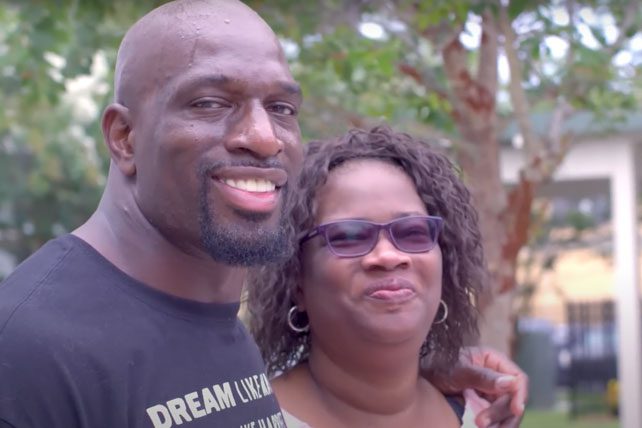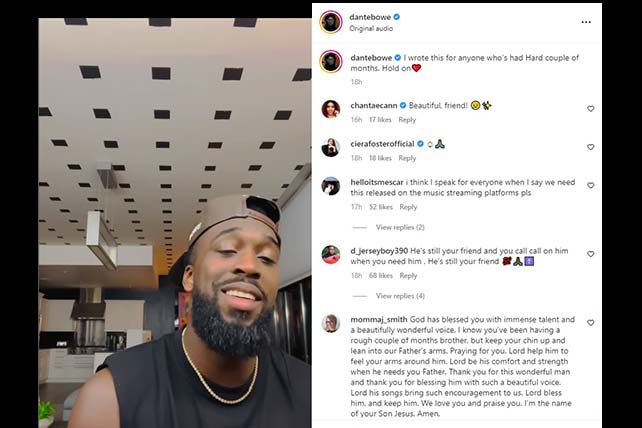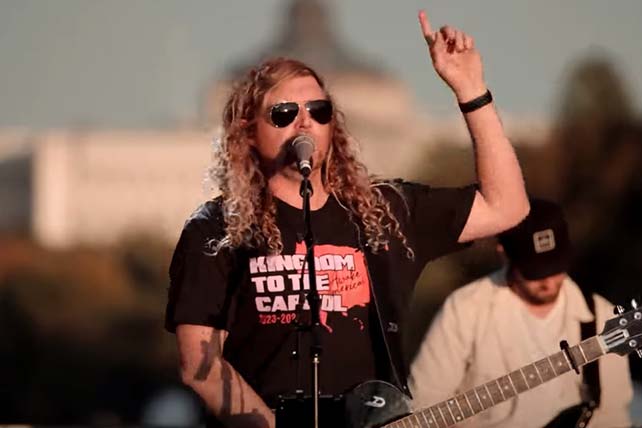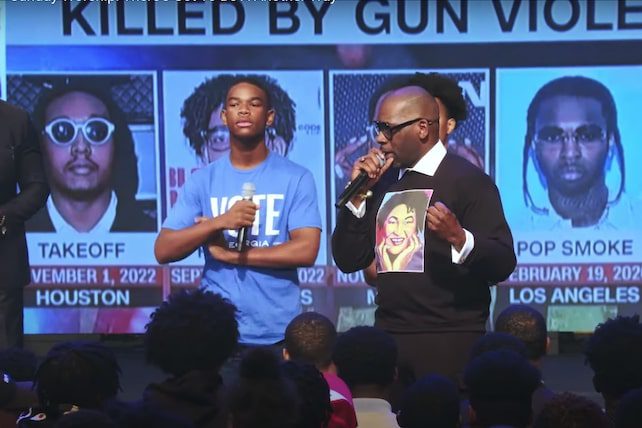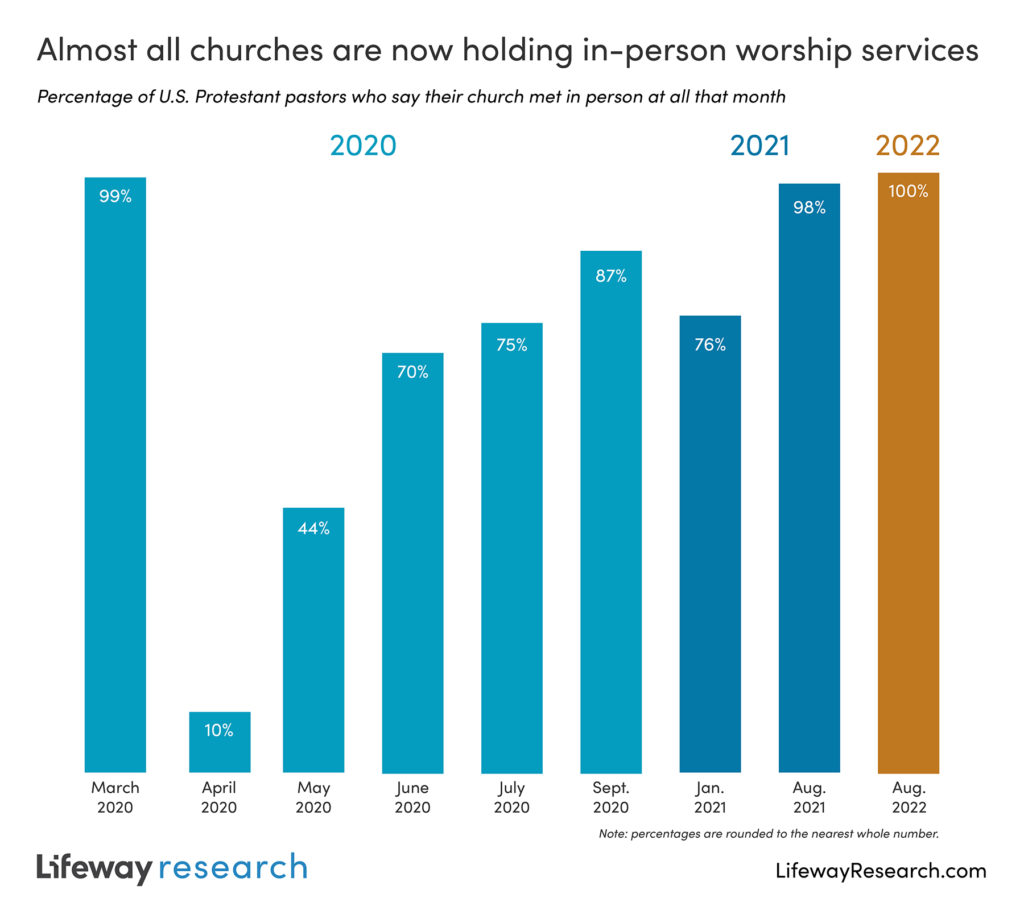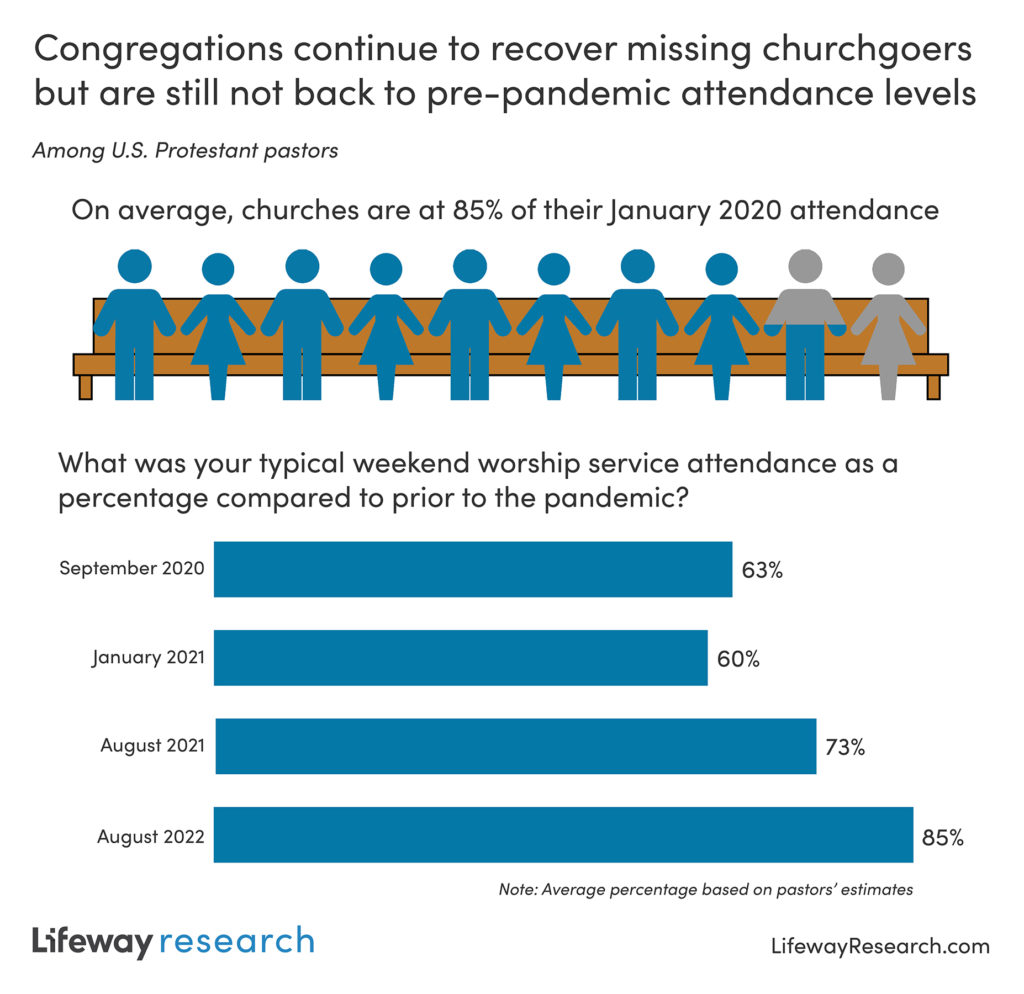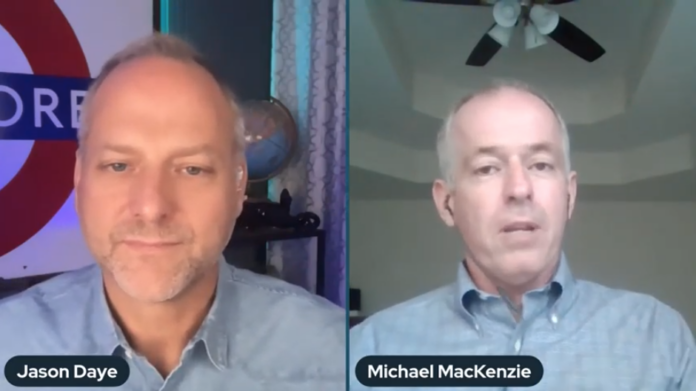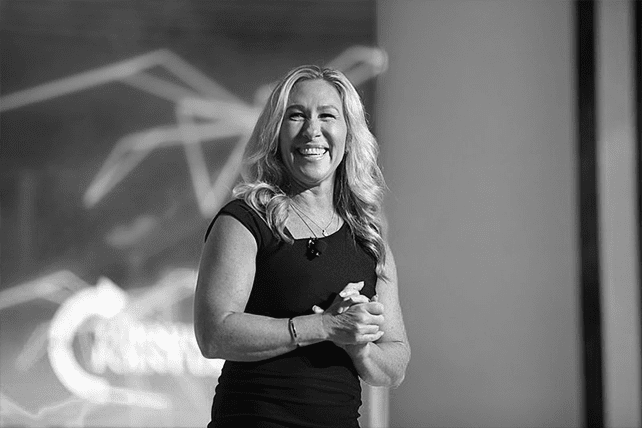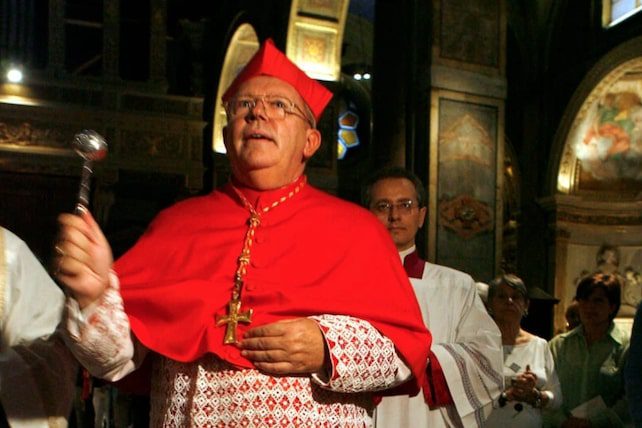What is Dungeons and Dragons? And should youth leaders and churches endorse it? Discover one person’s perspective, which might surprise you!
An Explainer: What Is Dungeons and Dragons?
Dungeons and Dragons (D&D) is a tabletop role-playing game. Think of it as cooperative storytelling that’s been systematized into a gaming format. You create a character; giving them a backstory, skills, abilities, quirks and flaws. Then that character, and the ones your fellow players (3 to 6 usually) create are dropped into a world that your Dungeon Master (DM) leads and crafts.
The DM guides the story and gives the players things and people to interact with. You might solve puzzles, fight monsters, engage in political intrigue, travel the world on an epic quest to create the world’s best cheese sandwich, or whatever your imaginations can create.
Gary Gygax and Dave Arneson created this game in the mid 1970s. Most games are played in sessions that range from one to four hours at a time. A game may take one session to complete; these are “one-shots.” Or they might take months or even years to finish.
D&D and Church
So, now that you know what is Dungeons and Dragons, why in the world should you play this in church, you may be asking. Well, dear reader, allow me to answer your hypothetical question in the form of a story. It’s the story of Rodzal the Unsightly.
A high school student I’ll call Baxter created Rodzal. Baxter had just come through brain surgery that required him to have half his head shaved, leaving a large scar. Think about walking into high school like that. You can imagine he might have felt a bit self-conscious.
When Baxter introduced Rodzal to our D&D group, the other players immediately understood the subtext of labeling your character Unsightly. Without missing a beat, another player turned to him and said, “This is like a Twilight Zone situation. Rodzal thinks he’s not attractive because he’s an Orc. Orcs have different beauty standards than most other fantasy races. So Rodzal might be an unsightly Orc, but he’s really handsome to everyone else.”
From then on, every time the party met a new non-player character (the ones the DM is controlling that everyone else gets to interact with), it was an opportunity for players to hype up Rodzal, and by extension in real life, Baxter. It didn’t feel forced or awkward to remind Baxter that he was loved and worthy of love, scars and all.
Myth Busting: Is D&D Satanic?
OK, so Dungeons and Dragons might help people talk about difficult things. But isn’t this stuff evil or satanic or something? Another good question, dear reader! Short answer: No. Long answer: NOOOOOOOOOOOOOOOOOOOOOOOOOOOOOOOOOOOOOOOOOOOOO!
Sorry, people ask me this question a lot, and I get touchy about it. A better answer is that the satanic panic of the 1980s gave this game a bad name. Yes, magic is involved, and sometimes even demons. But this is a game. It’s fantasy. No one playing the game believes this to be real.
Now, if you’re of the opinion that anything in the fantasy genre or anything that involves magic is evil, then I can’t help you. You’re not going to like D&D. But if that isn’t your predisposition, and someone from that camp has poisoned you against the game, then let me tell you. We sacrifice goats only on occasion. Even then those goats must have done something awful. Otherwise, we would have just invited them to make a character and join the game.
3 More Reasons to Play D&D at Church
What other benefits does D&D have for my church? Well, first of all, dear reader, you’re great at asking questions. Second, many other benefits exist. They include but are not limited to:
- being cool and getting into what all the young people are doing
- attracting unchurched or de-churched people who happen to be nerds (or creative types, or theatre types, or people who just like games)
- building relationships by creating a space where people can both play and create together, as well as doing so in a format that is perfect for getting to know someone.
What is Dungeons and Dragons? This game can be as serious or as silly as you want it to be. It has multiple versions, and the model has been recreated many times. Don’t like traditional high fantasy? Play in a Sci-fi/Space setting! Think Space is boring? Go with a gritty realistic Mad Max style post-apocalypse. Like the beach? Play a Pirate adventure! Want to enjoy the Cthulhu Mythos without the racism? There are a ton of Lovecraftian settings. The limit is your imagination.
Many Versions of D&D Exist
A version of D&D called Pathfinder, made by the company Paizo, is completely free to use. All the basic assets for getting started are available online. You can play this game over the internet via Zoom, Discord, or Roll20. Or you can play in person. You can go crazy and build elaborate miniature sets for your players to use. Or you can play with just paper, pens and some polyhedral dice.
This is versatile and great for basically all ages. If you can read and do basic math, then you can play this game. D&D is a social and creative outlet that allows people to get to know each other and to build deep and lasting relationships. So, yeah, you should play it in church. I’ll gladly teach you how.
Revenge of the Nerd Pastor: Nerd Culture in Ministry is a podcast episode. Hear Ahnna Lise describe her experience with D&D in a faith-based context.
Dungeons and Dragons: Exercising the Divine Imagination is a conversation between three Episcopal priests on the topic.
This article explaining what is Dungeons and Dragons originally appeared here.
![]()





